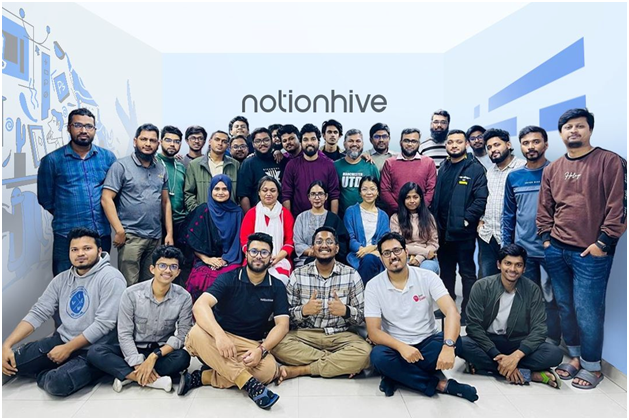
The budget has 79.7 percent allocated for growth-oriented programmes whose impact would be on the revival of economic growth through enterprise support. COURTESY
Only 20.3 percent of the funds in government support programmes in response to the pandemic was directly targeted towards protecting the poor. Experts revealed this at a webinar on Thursday evening during the launch of a report titled "State of Governance in Bangladesh 2020-21: Managing the Covid-19 Pandemic" by Brac Institute of Governance and Development.
"Protection oriented programmes intervene directly to protect the poor households and individuals who face the threat of hunger," said SR Osmani, professor of developmental economics at the Ulster University.
The budget has 79.7 percent allocated for growth-oriented programmes whose impact would be on the revival of economic growth through enterprise support, he added.
Even growth-oriented support favoured large industries over smaller businesses, found the expert. As much as 67 percent of the funds went to large enterprises, while only 26 percent went to small enterprises. These figures are from January 2021.
"While direct food and cash support was wholly inadequate, the strategy of helping the poor indirectly, through livelihood restoration did not work either," he said, citing rising poverty rates.
The government committed to a major relief initiative last year, and tried to improve delivery and accountability, but public information about entitlements was limited, opined speakers.
"The beneficiary selection and delivery processes were opaque and unaccountable," commented Dr Mirza M Hassan, senior research fellow and head of the Governance and Politics Cluster, BIGD.
They had done a study to understand the perception of the general public about government relief initiatives, and found an overwhelming majority -- 67 percent -- thought the government's relief process was corrupt.
Eleven percent thought it was very corrupt, said Hassan. Only 14 percent thought it was entirely corruption free.
"There is a lack of trust in the system of social protection. It must be more accountable," said Dr Naomi Hossain, research professor, Accountability Research Centre, American University.
They found that there is a strong public consensus that lockdown will be viable if people were provided government relief.
Citizens are fairly critical of the design of the lockdown because the question of livelihood was not taken seriously, stated the researchers.
In addition, most of the funds for social protection did not come out of the government budget, but rather from "new money creation" by the central bank.
"In popular discussion it sometimes appears that the government is providing the support from its budgetary resources. That is not the case. Government support equivalent to only 0.5 percent of the GDP came from the government budget," said Prof Osmani.
Professor Rehman Sobhan, chairman, Centre for Policy Dialogue, spoke at the event, as did Dr Rounaq Jahan, distinguished fellow, CPD, Dr Morseda Chowdhury, director of health, nutrition and population at BRAC, Dr Binayak Sen, director general of Bangladesh Institute of Development Studies, Dr Mohammad Abdur Razzaque, RAPID and research director, Policy Research Institute; and Kalpona Akter, executive director, Bangladesh Center for Worker Solidarity.
The discussion was moderated by Dr Imran Matin, executive director, BIGD.












0 Comments